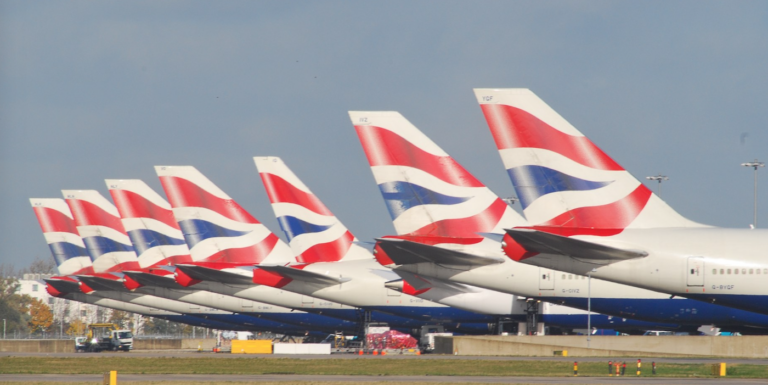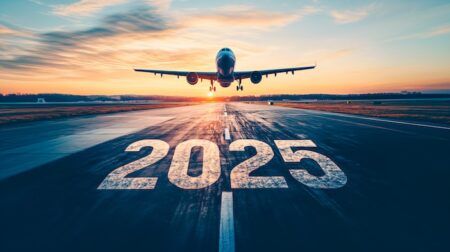The travel industry needs to see a vote of confidence from Rishi Sunak, the UK’s Chancellor of the Exchequer on 3 March. Urgent measures are needed to save the industry from the enormous impact of the Covid-19 pandemic. The lack of liquidity is the biggest single danger to the industry right now, and helping travel businesses manage their cash flow needs to be a priority.
This should start with an expanded grants system to keep businesses alive until travel and holidays can begin again in earnest, which is unlikely to happen before the autumn in any real numbers. Business rates relief is vitally important, as is the ability to defer tax at a time when the industry has little or no revenue – a situation which has existed now for 12 months.
Existing support mechanisms should also be extended. The furlough scheme, for example, should be made available for at least another six months. This scheme has been a real lifeline for the sector, but it still fails to recognise the need for every travel business to continue to operate while dealing with changing existing bookings and organising refunds – all at a time when there is no income coming in. In many cases, seeking refunds for customers has been a legal requirement under the Package Travel and Linked Travel Arrangements Regulations. In such cases, further measures that go above and beyond the furlough scheme for businesses trying to do the right thing should be introduced, such as a tailored government grant for staff costs incurred from processing cancelled bookings and refunds.
The Chancellor should stay clear of even hinting about an increase in Air Passenger Duty (APD), which has traditionally been seen as an easy one to raise and on annual basis brought in £3 billion a year – at least until 2019. Despite being regularly called for, it is unlikely that we will see a cancellation of APD, given the need to balance the books following the government’s increased healthcare and business relief commitments. In addition, although the tax rate on long-haul flights is set to increase this April, in an ideal world we would like to see it reduced to stimulate demand when Covid-19 is under control. However, this is unrealistic in this budget as the Chancellor will be looking for any additional sources of revenue he can get.
Finally, while Rishi Sunak will be under enormous pressure, both economically and politically, to balance the books, he needs to keep his nerve and not increase taxes in the short term as that will impact how much money consumers have in their pocket. If they are hit too hard, they might not be able to book their holidays and inject a much-needed boost to the sector once the skies reopen.





